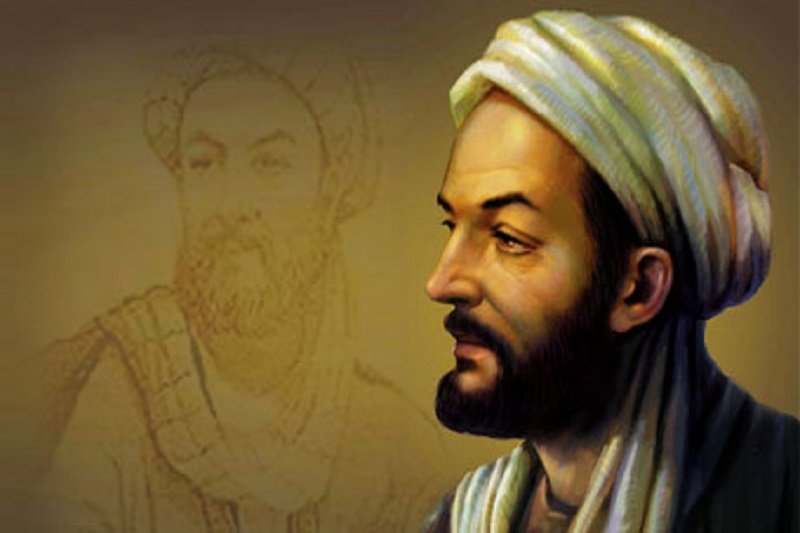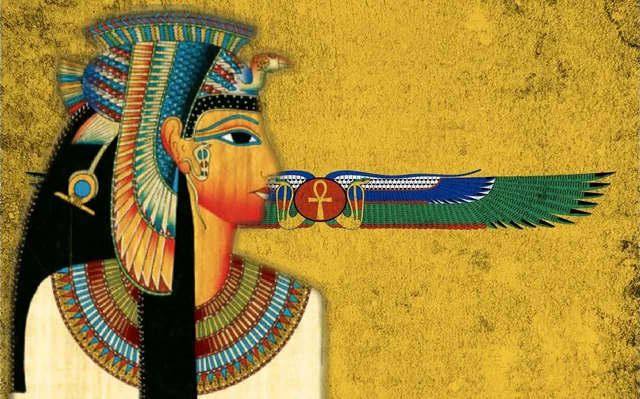While names like Hippocrates and Galen are often cited in medical history, Ibn Sina—also known as Avicenna—is one of the most influential yet underappreciated figures in both science and philosophy. Born in 980 CE in present-day Uzbekistan, this Persian polymath authored The Canon of Medicine, a groundbreaking text that served as a medical authority in Europe and the Islamic world for over 600 years. His work laid the foundation for clinical practices still used today, including diagnosis, pharmacology, and psychological care.
Medical historians and scholars credit Ibn Sina with merging Greek, Roman, and Islamic medical knowledge into a structured, scientific system. His deep understanding of anatomy, disease, and mental health—centuries before the advent of modern technology—demonstrates his advanced thinking. He also contributed significantly to philosophy, astronomy, and mathematics, making him a true Renaissance figure before the Renaissance even began.
Today, Ibn Sina’s legacy continues to influence both Eastern and Western medicine, especially in holistic and integrative approaches. His emphasis on balance in physical and mental health resonates strongly with modern wellness movements. Rediscovering figures like Ibn Sina not only enriches our understanding of medical history but also honors the global roots of knowledge that continue to shape our world.





